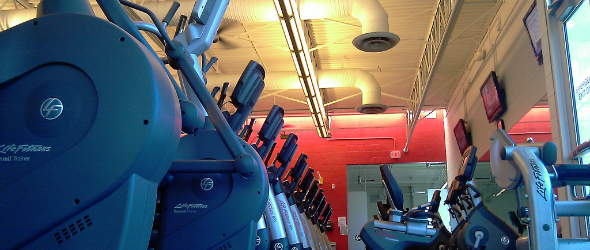*Post 4 in the 30 Posts in 30 Days Challenge
A friend and classmate of mine asked me the other day how to know if it’s okay to joke around with a supervising physician. I think it’s both an interesting and important question because it begs an even larger, more universal question when it comes to dealing with authority. How do you know what’s okay to do around a boss or a person of authority in your life? Of course, no one wants to irritate someone in charge. So how do you know what’s okay and what’s not?
A brief story
One day I was with a physician for the day just observing and learning. Like any other medical student, I want to be professional and respectful. What that means is my smart phone almost never leaves my pocket until the day is over.
About half an hour into the day, we were just sitting around in his office. I could tell quite quickly that he was a nice, chill, and laid back guy. At one point, he took out his smart phone and started texting with his wife. I then took out my smart phone and started texting myself. The rest of the day went fantastic and I think we got along very well.
If it’s okay with them, it’s probably okay with you
Your first reaction might be that I took a pretty big risk, perhaps even foolish and could possibly have been interpreted as unprofessional. Rest assured I don’t do things like this likely. It was a decision I felt reasonable comfortable with based on everything I knew. I had built a pretty good rapport with the guy so far, I could tell he was very laid back and chill, and I’m finally getting to my main point of this post: since texting was okay with him, I felt comfortable assuming he’d feel it okay with me.
Of course there are exceptions (this is not a perfect rule, don’t go out abusing it!), but in many circumstances, the best way to know whether certain actions are okay with your boss is simply to observe your boss first. If your boss makes a certain kind of joke, chances are he would be okay with you making that kind of joke. Would she be okay if you ate food with your hands? Probably, if she was doing it already.
There are also some advantages to doing this. One is that sharing something in common builds rapport. Secondly, performing a similar action provides validation to the your boss that his actions are acceptable and reasonable – that it’s okay for them to do what they’re doing.
If I sat stone faced, twiddling my thumbs, while my supervising physician was taking a bit of a break to text, it’s conceivable that he might have felt embarrassed and began to question the appropriateness of himself texting in the situation. But if I do the same, then he’s not leaving me hanging. In his mind, it validates that what he’s doing is okay.
Again, you need to look at this on a case by case basis, but I think it’s an interesting concept to keep in mind and apply if the situation is right.






